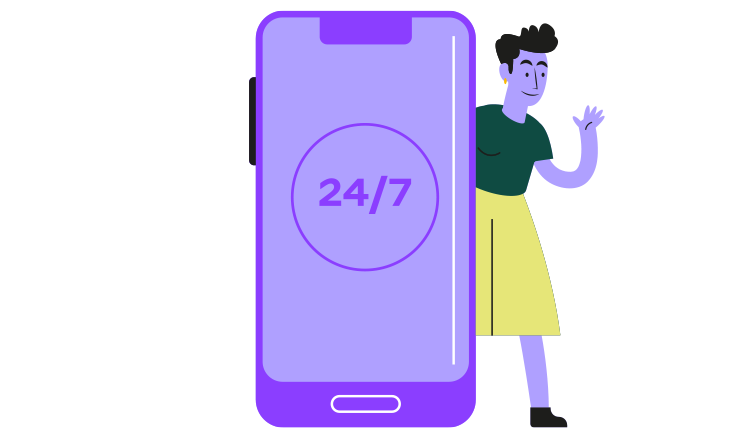Bist du in Not?
Schnelle Hilfe findest du hier.
Are you in need?
You can find quick help here.
Êtes-vous dans le besoin?
Vous pouvez trouver une aide rapide ici.
هل أنت محتاج؟
.يمكنك العثور على مساعدة سريعة هنا.
¿Estás en necesidad?
Puede encontrar ayuda rápida aquí.
Da li ste u nevolji?
Ovde možete pronaći brzu pomoć.
Ai nevoie?
Turkey găsi ajutor rapid aici.
İhtiyacın var mı?
Burada hızlı yardım bulabilirsiniz.
Вы нуждаетесь?
Здесь вы можете найти быструю помощь.
Ви потребуєте?
Ви можете знайти швидку допомогу тут.
Hai bisogno?
Puoi trovare un aiuto rapido qui.
آیا نیاز دارید؟
شما می توانید کمک سریع در اینجا پیدا کنید اینجا.
Da li si u teškoj situaciji?
Tražiš li mesto
u kući za žene?
Nazovi nas.
Mi smo uvek dostižni.

Frauenhaus
Münster
02506 6755
Frauenhaus
Telgte
02504 5155
Da li ti je potrebno savetovanje?
Naše savetodavno mesto se dobija:
ponedeljak: 9 – 16 č.
utorak: 9 – 19 č.
sreda: 9 – 16 č.
četvrtak: 19 – 19 č.
petak: 9 – 15 č.
Da li si upravo sada u opasnosti?
Nazovi policiju 110
Napusti stan Traži zaštitu kod ljudi, u koje imaš poverenje
Lista stvari za pakovanje
Ponesi stvari iz liste stvari za pakovanje.
Ako imaš davoljno vremena za pakovanje.
- lična karta ili pasoš
- dokumenti za boravak
- rodni list
- venčanica
- karta za račun
- izvodi sa računa
- karta za zdravstveno osiguranje
- štedne knjižice
- aktuelni obračun zarade ili plate
- broj za dečji dodatak
- neophodni lekovi
- odeća
Za vaše otroke:
- Najljubša igrača
- Zdravstvena knjižica, zapis o cepljenju
- Poročila, šolske torbe in šolske potrebščine